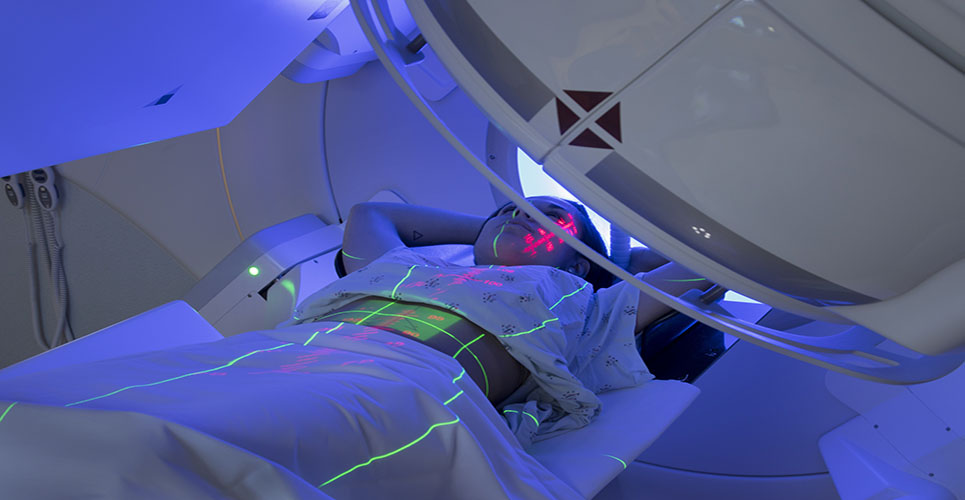teaser
Patients treated for locally advanced head and neck cancer may respond better to treatment with the addition of cetuximab to chemotherapy, according to a University of Pittsburgh Cancer Institute (UPCI) phase II study. The results will be presented at the 44th annual meeting of the American Society of Clinical Oncology (ASCO) in Chicago as an oral presentation.
In the study, 39 patients with stages three or four head and neck cancer were treated initially with a combination of docetaxel, cisplatin and cetuximab, after which they received radiation therapy and additional cisplatin and cetuximab.
Cetuximab, approved by the US Food and Drug Administration in March 2006, and also known as Erbitux, is often prescribed for metastatic colorectal cancer and is used in conjunction with radiation therapy to treat squamous cell carcinomas of the head and neck. This is the first time it has been used in combination with docetaxel and cisplatin as induction therapy.
“We found that adding cetuximab to standard chemotherapy helped head and neck cancer patients respond better to treatment,” said Ethan Argiris MD, lead investigator and medical director of the aerodigestive cancers program and co-leader of the head and neck cancer program of UPCI.
“Out of 37 patients, 32 responded to induction treatment for an 86% response rate, and all patients had their tumours reduced, either partially or completely, after radiation was completed.”
Further evaluation of this treatment shows that the complete disappearance of the primary tumour occurred in about 80% of patients.
More importantly, after two years the same percentage of patients remained cancer-free.
“Given that the majority of our patients had stage four disease, our efficacy results are thus far very encouraging,” added Dr Argiris. In addition, the UPCI investigators noted that treatment-related toxicities were expected and manageable.

